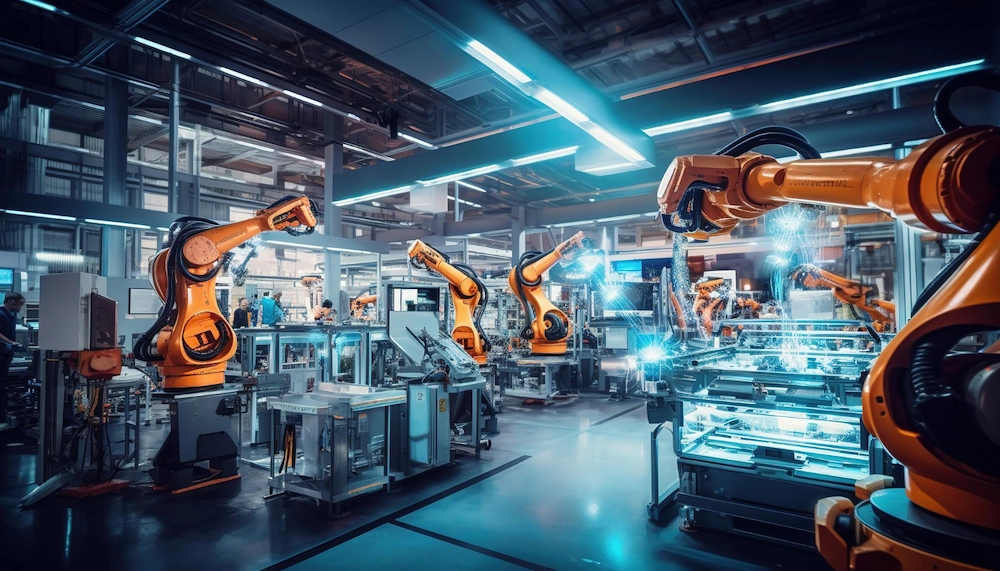Revolutionizing Manufacturing: The Unseen Benefits of Automation

In the fast-paced world of manufacturing, staying ahead of the competition is crucial. But how can companies ensure they are not just keeping up but leading the way? The answer lies in embracing Automated Assembly Systems. These advanced systems are transforming the manufacturing landscape, providing unparalleled efficiency, precision, and cost savings.
Why Automation Matters
Automation isn't just a buzzword; it's the future of manufacturing. Automated Assembly Systems offer a myriad of benefits that go beyond mere convenience. From reducing human error to enhancing productivity, automation is a game-changer.
Key Benefits of Automated Assembly Systems
Increased Productivity
Automated Assembly Systems work tirelessly, enabling 24/7 production without the need for breaks or shift changes. This constant operation significantly boosts productivity, allowing manufacturers to meet high demand and tight deadlines.
Improved Quality Control
Consistency is key in manufacturing. Automated systems ensure each product is assembled with the same precision, minimizing defects and ensuring high quality. This uniformity leads to better customer satisfaction and fewer returns.
Cost Efficiency
While the initial investment in automation technology might seem steep, the long-term savings are substantial. Reduced labor costs, fewer errors, and less waste contribute to overall cost efficiency, making automation a wise financial decision.
Enhanced Safety
Manufacturing environments can be hazardous. Automated systems take over dangerous tasks, reducing the risk of workplace injuries. This not only protects employees but also reduces downtime and associated costs.
Scalability
Automation provides the flexibility to scale operations up or down quickly in response to market demands. This adaptability ensures that manufacturers can respond to changing needs without significant delays or additional costs.
Real-World Applications
Automated Assembly Systems are already making waves in various industries. From automotive to electronics, these systems are helping manufacturers produce complex products with high precision and speed.
Case Study: Automotive Industry
In the automotive sector, automated assembly lines are revolutionizing production. Robots handle intricate tasks such as welding and painting, ensuring each vehicle meets stringent quality standards. The result? Faster production times and vehicles of unmatched quality.
The Future of Manufacturing
The future of manufacturing is undoubtedly automated. As technology advances, Automated Assembly Systems will become even more sophisticated, offering new possibilities for innovation and efficiency.
Embracing Change
For manufacturers, embracing automation is not just an option; it's a necessity. Those who invest in automated systems today will be the leaders of tomorrow, reaping the benefits of increased productivity, quality, and cost savings.
Automated Assembly Systems are more than just a trend—they are the cornerstone of modern manufacturing. By adopting these systems, companies can stay competitive, meet growing demands, and deliver high-quality products efficiently and safely. The time to embrace automation is now.
By understanding and leveraging the power of automation, manufacturers can not only survive but thrive in an increasingly competitive market. The journey towards a fully automated future is not just promising—it's essential.








